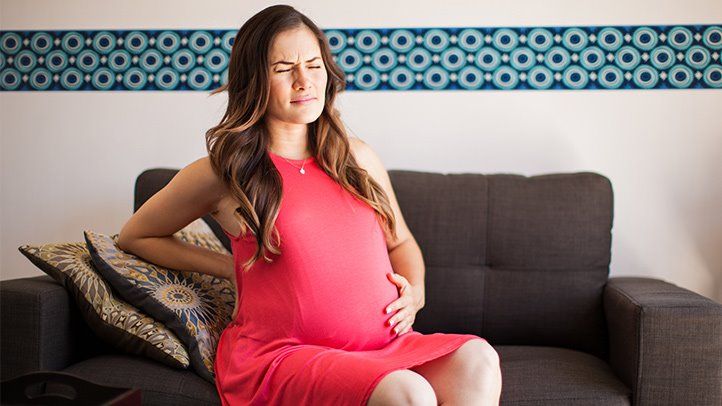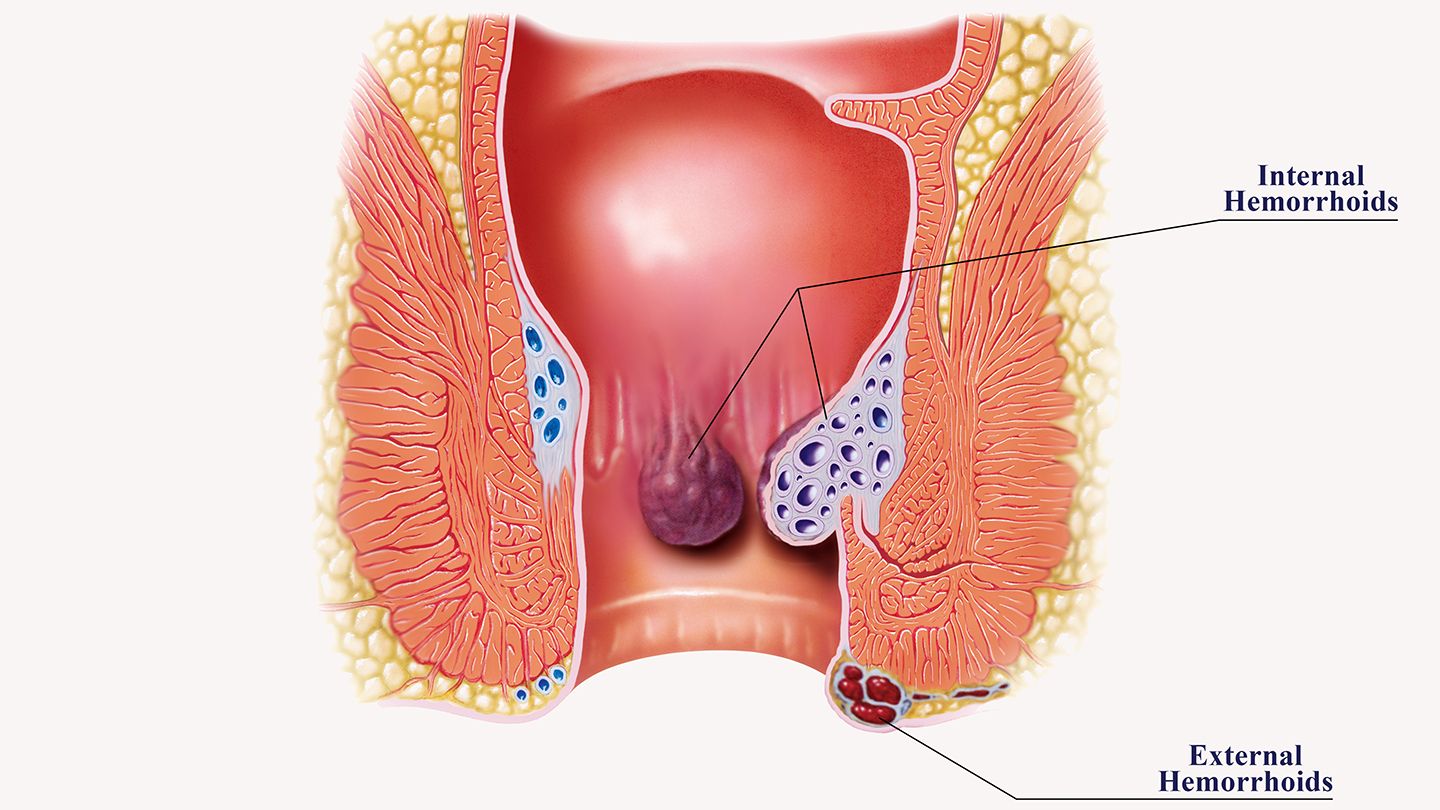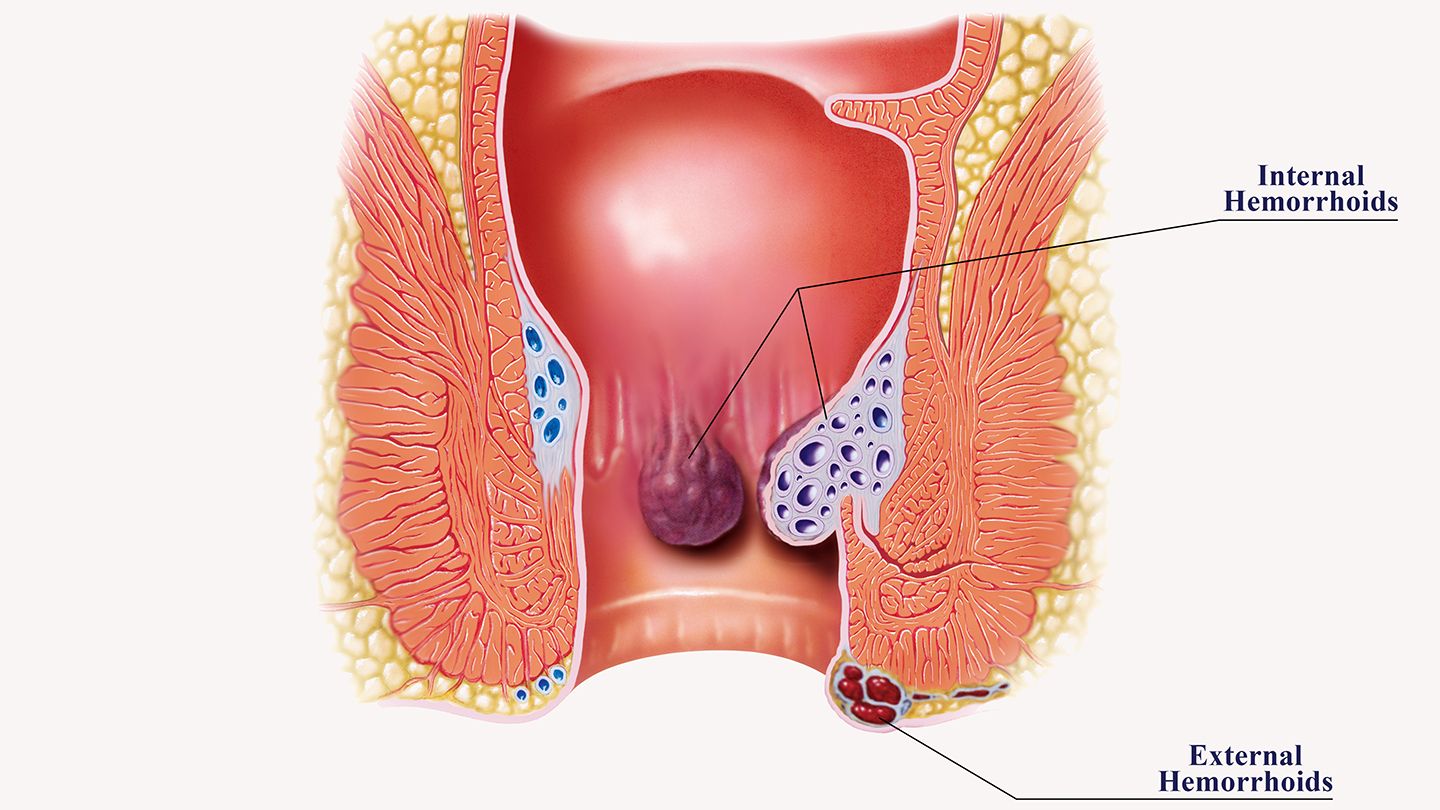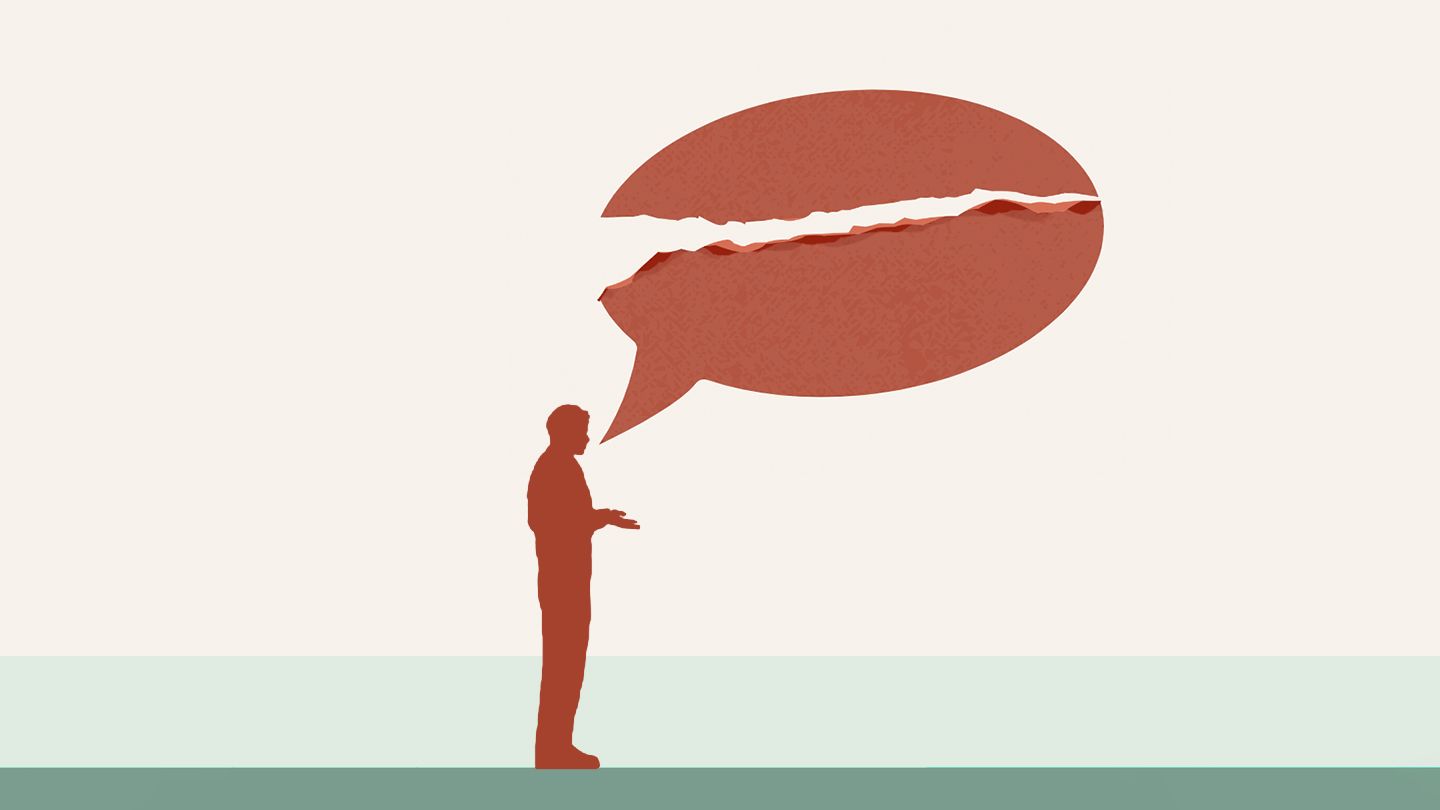Understanding Hemorrhoids and Their Treatment
Hemorrhoids, also known as piles, are extremely common. They occur when the veins in and around the anal area become swollen and inflamed. Up to 75% of people will experience hemorrhoids at some point in their lives. While hemorrhoids can be uncomfortable and frustrating to deal with, the good news is that for most people they can be effectively treated and managed with lifestyle changes, OTC treatments, and minor procedures.
What Are Hemorrhoids?
Hemorrhoids are cushions of tissue filled with blood vessels that line the anal canal and help control bowel movements. There are two types of hemorrhoids:
- Internal hemorrhoids occur inside the rectum and are usually painless.
- External hemorrhoids occur just under the skin around the anus and are the ones that can become painful and irritated.
Hemorrhoids can develop from increased pressure in the lower rectum due to:
- Straining during bowel movements
- Sitting on the toilet for long periods of time
- Chronic constipation or diarrhea
- Pregnancy and childbirth
- Obesity
- Heavy lifting
- Aging
There are a few groups that are at an increased risk of developing hemorrhoids like pregnant women, adults ages 45-65, and those with a family history of hemorrhoids. Fortunately, there are many effective hemorrhoid treatments that can provide relief.
Signs and Symptoms of Hemorrhoids
The most common signs and symptoms of hemorrhoids include:
- Itching, pain, swelling and irritation around the anus
- Painless bleeding during bowel movements
- A hard lump around the anus (in cases of external hemorrhoids)
- Leakage of feces
- Difficulty cleaning after a bowel movement
Symptoms usually clear up in a few days with OTC treatments. See your doctor if symptoms persist beyond a week or there is excessive bleeding.
Diagnosing Hemorrhoids
Your doctor can often diagnose hemorrhoids simply by examining the anal area. Tests that may help determine the cause of hemorrhoids include:
- Physical exam - looking for external hemorrhoids or digital rectal exam to look for internal hemorrhoids
- Anoscopy - using a small lit tube to see inside the anal canal
- Colonoscopy - visualizing the entire colon to rule out other causes of bleeding
- Sigmoidoscopy - checking the lower colon for polyps or cancer
Your doctor will help determine the underlying cause and the best treatment options for your hemorrhoids based on a complete evaluation of your health history and the severity of your symptoms.
Medical Treatments for Hemorrhoid Relief
There are a variety of hemorrhoid relief options that can be effective for temporary relief and help manage symptoms. Treatment is based on the type, location, severity, and your medical history.
Medication
There are several over-the-counter creams, ointments, and suppositories available for symptom relief. Options include:
- Witch hazel - reduces swelling and itching
- Hydrocortisone cream - decreases inflammation
- Hemorrhoid creams with lidocaine - temporarily relieve pain and itching
- Stool softeners - make bowel movements easier to pass
- Fiber supplements - prevent constipation
Your doctor may also prescribe medications like NSAIDs to relieve pain and shrink swollen hemorrhoids.
Minimally Invasive Procedures
If medications aren't providing enough relief, there are painless office procedures that can get rid of hemorrhoids:
- Rubber Band Ligation - placing rubber bands at base of the hemorrhoid to cut off blood flow so hemorrhoid falls off in a few days
- Sclerotherapy - injecting a chemical solution into hemorrhoid to shrink it
- Infrared Coagulation - burning hemorrhoid tissue to cut off blood supply so it shrivels and dies
- Laser, bipolar or direct current (electric) coagulation - using electrical or laser energy to scar and shrink hemorrhoids
- Cryotherapy - freezing hemorrhoids with liquid nitrogen to make them fall off
These are typically quick, painless procedures that allow you to return to normal activities usually within a day or two.
Surgery
For more severe internal and external hemorrhoids that don't respond to other treatments, your doctor may recommend:
- Hemorrhoidectomy - surgically removing hemorrhoids under anesthesia
- Hemorrhoid stapling - blocking blood flow to hemorrhoids using a stapling device
- Hemorrhoidal artery ligation - cutting off the blood supply to hemorrhoids
Surgery can provide rapid and long-lasting relief of hemorrhoid symptoms, but has a longer recovery time of up to 6 weeks.
When to See a Doctor
It's important to talk to your doctor if you experience any of the following:
- Bleeding from the rectum or blood in your stool
- Changes in bowel habits like constipation, diarrhea, or narrowing of stools
- Lump or mass in the anal area
- Anal pain that doesn't go away with OTC hemorrhoid creams
- Hemorrhoid symptoms that persist beyond 1-2 weeks
These could be signs of another gastrointestinal problem like anal fissures, rectal prolapse, anal abscess, colorectal polyps or cancer that require proper diagnosis and treatment.
Preventing Hemorrhoids
Some tips to prevent hemorrhoids from developing or reduce flare-ups:
- Eat high-fiber foods and stay hydrated to avoid constipation
- Avoid straining during bowel movements
- Go to the bathroom as soon as you feel the urge
- Wipe thoroughly but gently after bowel movements
- Clean the anal area daily and after bowel movements using mild soap and water
- Don't sit on the toilet for long periods of time
- Exercise regularly to prevent constipation
- Avoid lifting heavy objects to reduce pressure on hemorrhoids
- Lose excess weight to minimize pressure in the pelvic area
- Don't delay going to the bathroom because this can worsen constipation
Making simple diet and lifestyle modifications can go a long way towards preventing hemorrhoid flare-ups and minimizing aggravating symptoms.
Seeing a Doctor for Hemorrhoid Treatment in Los Angeles
If you're experiencing rectal bleeding, anal pain, or any persistent hemorrhoid symptoms, make an appointment with a gastroenterologist or colorectal surgeon in the Los Angeles area. They can properly evaluate your symptoms, diagnose the underlying cause, and recommend the most effective treatment options tailored to your situation.
Board-certified proctologists and colon and rectal surgeons have advanced training in all aspects of anorectal care. They offer the full spectrum of medical and minimally invasive hemorrhoid treatments to provide you with optimal relief and help you avoid unnecessary surgery.
Seeing a specialist like this for hemorrhoid relief can get you back to comfortable bowel movements and your normal daily routines as quickly as possible.
Don't let frustrating and painful hemorrhoids disrupt your life. Visit a top rated colorectal surgeon serving Los Angeles patients for exceptional care and effective treatment options to manage this common condition.
FAQs
What are the most common symptoms of hemorrhoids?
The most common signs and symptoms of hemorrhoids include itching, irritation, swelling, and pain around the anus, painful bowel movements, blood on toilet paper or in the toilet bowl after a bowel movement, and a hard lump around the anus from external hemorrhoids.
What causes hemorrhoids?
Hemorrhoids are often caused by increased pressure in the lower rectum from straining during bowel movements, sitting too long on the toilet, chronic diarrhea or constipation, pregnancy and childbirth, obesity, heavy lifting, and aging. There are also some groups more prone to hemorrhoids like pregnant women, adults 45-65, and those with a family history.
How are hemorrhoids diagnosed?
Hemorrhoids can often be diagnosed just by examination of the anal area. Your doctor may also use tests like a digital rectal exam, anoscopy, colonoscopy or sigmoidoscopy to check for internal hemorrhoids and rule out other conditions that could cause bleeding or anal pain.
What is the best hemorrhoid treatment?
Treatment depends on the type, location, severity of hemorrhoids, and your medical history. Lifestyle changes, OTC creams and suppositories, minimally invasive office procedures like banding and coagulation, and surgery are options for hemorrhoid relief. See your doctor to determine the best treatment plan for your situation.
Disclaimer: This article is for informational purposes only and does not constitute medical advice. Always consult with a healthcare professional before starting any new treatment regimen.
Related Coverage
Hemorrhoids are very common and can cause anal itching, pain, and bleeding. Learn about causes, symptoms, diagnosis, and medical and at-home treatment options....
Obesity can make wiping after a bowel movement difficult. Adjusting technique, using tools, and requesting assistance when needed allows proper hygiene....
If you spot something resembling a kidney bean in the toilet after a bowel movement, it likely signals protruding hemorrhoids. Learn what causes them and treatment options....
Learn whether hemorrhoids can lead to prostate pain and urinary issues. Understand the indirect links between hemorrhoid swelling and prostate inflammation....
It's common to poop frequently in late pregnancy due to pressure, hormones, diet changes and anxiety. Learn what causes loose stool and how to find relief....
Understand the potential risks and realities of pushing or straining during bowel movements in an attempt to induce labor. Learn safe strategies for managing hemorrhoids and constipation during pregnancy....
Wondering what hemorrhoid surgery recovery is like day-by-day? See photos and get the facts on pain, activity, bowel movements, and more for each stage of healing after hemorrhoid procedures....
Kidney stones and hemorrhoids share several common causes like dehydration and straining. Learn how passing kidney stones can also lead to hemorrhoids....
Don't let others limit you with labels, stereotypes and comparisons. Heal past pain, build confidence, follow passions - you are meant for greatness....
Chafing in the groin area is a common discomfort during pregnancy. Learn what causes it, prevention tips, home treatment options, and when to call the doctor....




